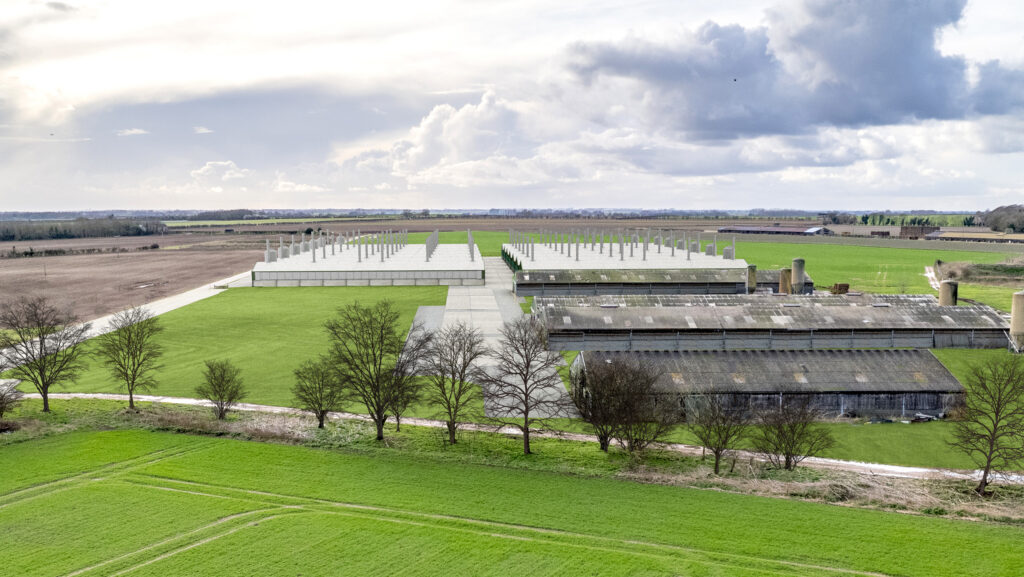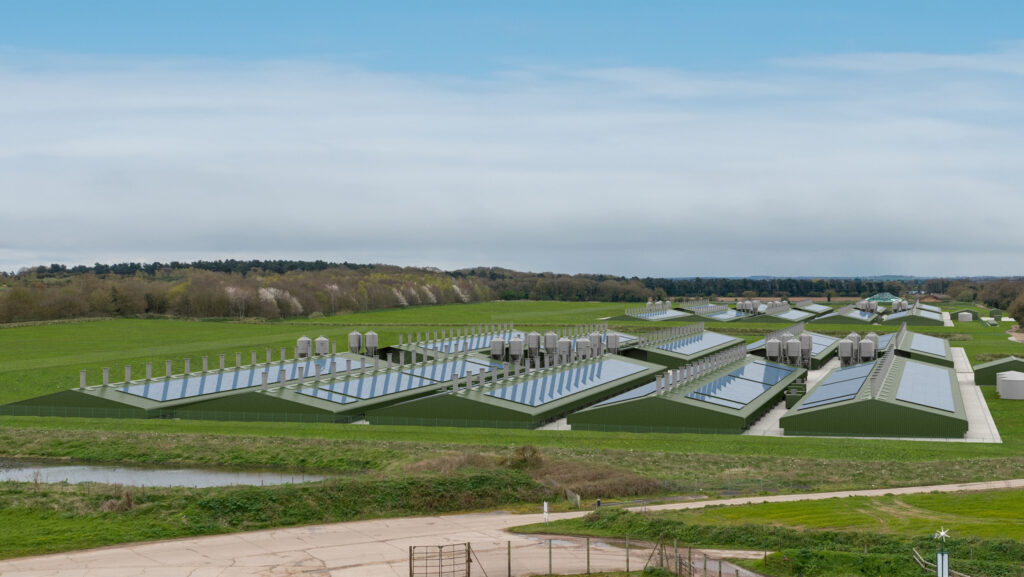Norfolk planners spurn Cranswick’s pig and poultry mega farm
 Cranswick's planned pig site © Cranswick
Cranswick's planned pig site © Cranswick Plans for a so-called “mega farm”, housing about 14,000 pigs and 714,000 broilers on two adjacent sites near Thetford, have been turned down by planners on West Norfolk Council.
The proposed constructions – at Methwold for the broilers and Feltwell for the pigs – had been put together by meat processor Cranswick, in order to meet the growing demand for white meat.
See also: What the latest planning reforms mean for farms and rural areas
In its submission to the planning committee on Thursday (3 April), Cranswick explained the need to raise production of sustainably produced meat, to reduce the UK’s dependence on imports and bolster food security.
The sites would also create more jobs and would modernise the existing facilities on the sites, as well as expanding them, to achieve lower stocking rates and higher welfare.
It dismissed the notion of “mega farms”, noting that each shed – 20 on the poultry site and 14 on the pig site – would be no bigger than standard sheds found across the region.

Cranswick’s planned poultry site © Cranswick
Environmental impact
But the planning committee rejected the application unanimously, citing concerns about the environmental and climate change impacts.
A previous report by planning officers had already highlighted “insufficient environmental information” with the application.
It also expressed fears that the developments could have a negative impact on nearby protected areas.
The application had also received more than 10,000 objections, including several animal welfare groups, five parish councils, and South West Norfolk Labour MP Terry Jermy (who ousted Liz Truss at the last general election).
Mr Jermy said the ruling – which is expected to go to appeal – was a “victory for local people and the environment”.
During the hearing, he said the mega farm would have been a “blight on the lives of local people and the environment for many years to come”.
He added: “It is of particular note that, despite having three years to provide all of the environmental mitigation evidence required, the applicant has failed to do so.
“This is either by design or more likely the fact that, quite simply, they are unable to do so.”
Jake White, head of legal advocacy at animal rights group WWF, agreed it was a “well-deserved win, not just for the environment, but for the local community”.
Disputed
However, this point is disputed by Cranswick. It’s analysis of objections found that 90% came from outside the local area.
“Not only have many objections come from overseas – from places as remote as Rome, Lisbon, California and Calgary – but within the UK itself, most of the objections have come from people who live a significant distance from the farm,” said a spokeswoman.
Cranswick also complained that, while it had provided copious environmental information to the council over the past three years, a request for more information was made with insufficient time given to provide it ahead of this week’s planning meeting.
She said the company would now review the decision and “consider the options available to us”, including a possible appeal.
